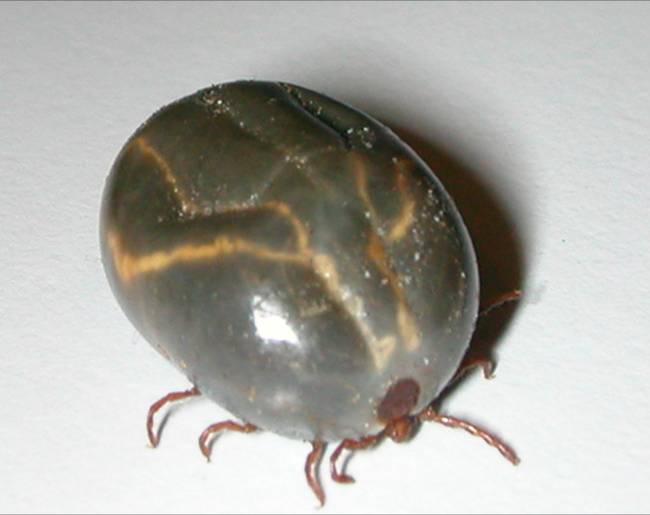An extremely dangerous species of tick has invaded Maryland, according to the Maryland Veterinary Medical Association (MDVMA). In a press release from early August, the organization announced that it has “confirmed the presence” of the East Asian Tick, also known as the Longhorned or Bush Tick, in Maryland.
This particular species is a particularly deadly parasite, attaching to livestock, wild animals like deer and raccoons, as well as dogs, cats, and humans. They’re particularly known for spreading a variety of diseases that are often lethal, including an “emerging virus that kills up to 30 percent of victims.” Moreover, this species typically attaches in larger numbers, and can even quickly kill young animals by draining them entirely of blood. What’s even more troubling is that these insects can reproduce asexually, i.e. without mating, dropping as many as 2,000 eggs in only two to three weeks!

Seven other states have confirmed longhorned tick sightings, including Arkansas, New Jersey, New York, North Carolina, Pennsylvania, Virginia, and West Virginia. And while there have yet to be any reports of human infections, it’s a good idea to protect yourself and your pets. Here are a few tips to help you.
- Maintain your property: Longhorned ticks like to hang out in tall grasses, meadows, and wooded areas. As such, it’s a good idea to keep your lawn cut short. If you have a lot of trees and/or bushes on your property, it’s best to spray approved repellants in areas where these ticks potentially could live.
- Use repellants: The EPA offers a list of approved insect repellants “containing DEET, picaridin, IR3535, Oil of Lemon Eucalyptus (OLE), para-menthane-diol (PMD), or 2-undecanone.”
- Protect your pets: If you have dogs and cats, be sure to give them anti-trick treatments such as Frontline. Consult with your veterinarian for the best treatment methods.
- Avoid wooded, bushy, and high-grass areas: The MDVMA suggest staying away from areas that have a high chance of containing these ticks. Additionally, the organization suggests wearing long sleeves and long pants if you’re going into these types of environments.
- Help combat the spread: If you come across a tick, it is highly recommended you notify the Maryland Department of Health, using this Tick Identification Form. Additionally, notify your doctor if you find a tick (this species or other) on you or your family members.
If you’re concerned about ticks invading your property, we can help. Contact us for a free estimate for protecting your home from this deadly invader.

